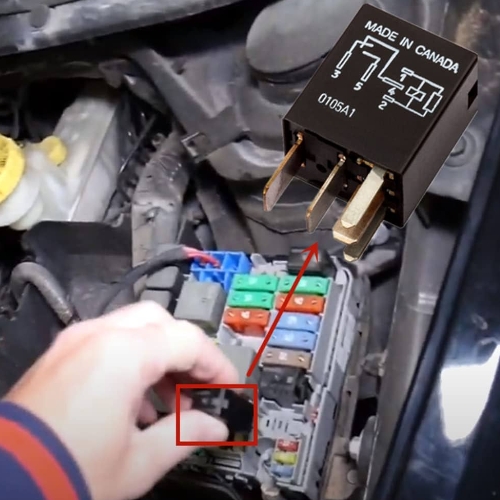The Essential Role of Fuses in Electrical Systems: Safeguarding Devices and Preventing Catastrophic Failures
2 min read
Fuses are critical components in electrical systems, serving as protective devices that play a vital role in safeguarding various electrical devices and preventing catastrophic failures. In this blog post, we will delve into the multifaceted applications of fuses, exploring their significance, working principles, and the diverse industries that rely on them.
- Understanding the Purpose of Fuses:
Fuses are primarily used to protect electrical circuits and devices from excessive current flow. They act as sacrificial elements, interrupting the circuit when an overcurrent condition occurs, thereby preventing damage to sensitive components. By effectively breaking the circuit, fuses mitigate the risk of electrical fires, equipment damage, and even personal injury. - Fuse Construction and Working Principles:
Fuses consist of a fusible element, typically made of a metal or alloy with a low melting point, enclosed within a protective housing. When the current exceeds the rated value, the fusible element heats up, eventually melting and breaking the circuit. This simple yet effective mechanism ensures that the electrical system remains safe and operational. - Applications in Residential and Commercial Settings:
Fuses find extensive use in residential and commercial electrical systems. In homes, fuses protect appliances, lighting fixtures, and electrical outlets from overcurrent situations. Similarly, in commercial buildings, fuses safeguard critical equipment, such as HVAC systems, servers, and machinery, ensuring uninterrupted operations and preventing costly downtime. - Industrial Applications:
The industrial sector heavily relies on fuses to protect complex machinery, control systems, and power distribution networks. From manufacturing plants to refineries, fuses are crucial in preventing equipment damage, minimizing production disruptions, and ensuring worker safety. Industries such as automotive, aerospace, and oil and gas utilize fuses to safeguard their intricate electrical systems. - Automotive Industry:
In the automotive industry, fuses are indispensable components that protect various electrical circuits in vehicles. From engine control units to infotainment systems, fuses prevent electrical faults that could lead to malfunctions or even fires. The automotive sector continually evolves, demanding advanced fuses capable of handling higher currents and providing enhanced protection. - Renewable Energy Sector:
With the growing emphasis on sustainable energy sources, fuses play a pivotal role in the renewable energy sector. Solar power plants, wind farms, and energy storage systems rely on fuses to protect inverters, transformers, and other critical components. Fuses ensure the safe and efficient operation of these systems, contributing to the overall stability of the power grid.
Conclusion:
Fuses are indispensable components in electrical systems across various industries. Their ability to protect devices, prevent catastrophic failures, and ensure safety makes them crucial in residential, commercial, industrial, automotive, and renewable energy applications. By understanding the purpose, construction, and working principles of fuses, we can appreciate their significance in maintaining the reliability and integrity of electrical systems.

